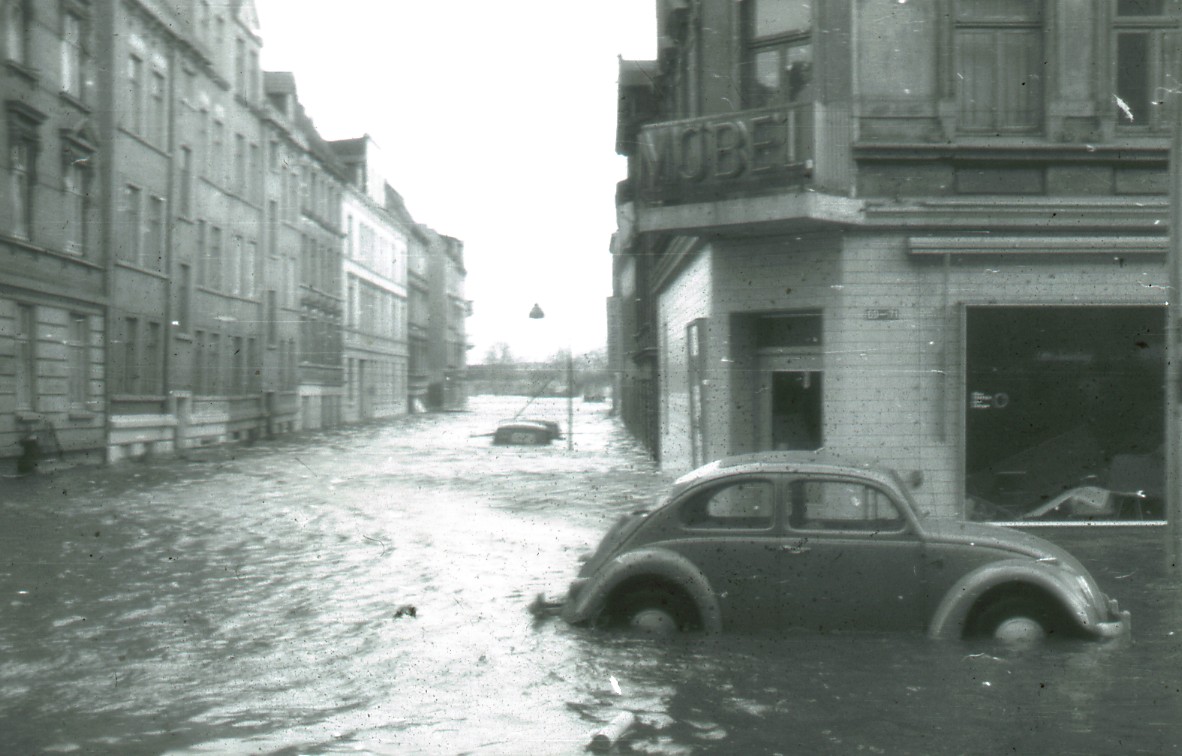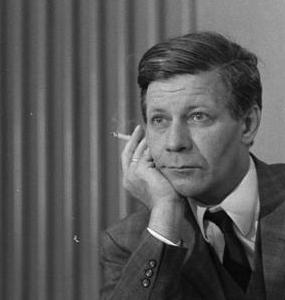By the way and in another sense "uplifting" is a German theater play of 1810 by "Heinrich von Kleist" which is one of the most unusual and interesting plays in German history, based on a description of the battle of Fehrbellin in 1675, described by Frederick the Great as historical example, although it does not seem to be quoted by him correct in historical circumstances.

en.wikipedia.org
The unusual parts of this play are the winning of a battle by a young military commander - the Prince of Homburg - who is a bit of a day-dreamer, who did not listen to the command
not to attack without the special order of his commanding "Kurfürst" but just because of his "sleepwalking disobedience", he wins the battle. His commander, the "Kurfürst" cannot accept this disobedience of any of his officers because of state reasons and sentences the Prince to death. The Prince cannot understand this decision and begs for his life. The Kurfürst sends him a letter describing his decision and leaving the final decision to the Prince. Now, the Prince understands the Kurfürst and does not really know what to do because without his attack, the battle would have been lost - on the other hand he understands that his attack undermined the authority of the Kurfürst and the state.
In the end, there is a happy-ending because the Kurfürst has now more problems with some of his commanders who argue that the Prince became a hero of the war because of his disobedience and you cannot sentence a hero to death in an ungoing war, etc.
The interesting lesson for German history from Frederick the Great and from this play from Heinrich von Kleist is now that even in the worst times of German history, there were sometimes a few German military commanders during the last 200 years, who surprisingly did NOT obey to the commands of their superior commanders and they were usually referring to Frederick the Great and this play of Heinrich von Kleist - and later, they usually were regarded as "completely right". Their argumentation was ...
1. The superior commanders did not really know the situation at this special time and place and only the local commanders could see the special circumstances.
2. Even Frederick the Great accepted such kinds of disobedience when it was successful in the end because he knew from his own experience that "good quick decisions" can decide over life and death.
3. The superior military commander or the commander-in-chief is not accountable for different reasons or - sounds "funny" but it was sometimes true - the commander-in-chief is obviously "a madman" and so, a responsible German commander has the duty
not to obey to his commands & orders.
Two examples from German history:
1.

en.wikipedia.org
It is not really clear if this German general did not obey Hitler's command to destroy Paris because he did not have any more the means or because he really thought, Hitler now really had become absolutely mad with this order. Choltitz said that it made absolutely no sense at all to destroy one of the most beautiful cities of the world and that he did not obey to an order no one could explain to him in a military context.
In any case, Choltitz was one of the few German generals who publicly admitted shame to have served the Hitler-regime and who spoke French. He really admired French culture and architecture. When he died in 1966, even high-ranking French military commanders came to his burial in order to honour his "disobedience to Hitler" concerning the existence of Paris.
His story was also the background of this French-US-American movie:

en.wikipedia.org
2.
In 1962, there was the worst North Sea storm flooding at Germany's coast after WW II and Helmut Schmidt, police senator of Hamburg in those times, was the first senator of this city to understand the severeness of the situation. He was also the only one who had the most useful contacts and remarking that this is a true catastrophe like no one witnessed before in his lifetime, he ignored any German post-war regulations in order to save human lifes: Without hesitation and without sleeping for 3 consecutive days, he coordinated the rescue operations, and requested for emergency help throughout Europe. He requested parts of the German Bundeswehr and Air Force for emergency purposes, especially engineers. That meant overstepping all his legal authority, ignoring the German constitution's prohibition on using the army for "internal affairs" - a clause excluding disasters was not added until 1968. Also he got help by helicopters from other
NATO states. The latter were called
Fliegende Engel (Flying Angels) by the people.
This story in his life made him famous and a German "hero". He was also German Chancellor from 1974 - 1982 and probably - internationally & nationally - the most honoured German politician in post-war-times.

en.wikipedia.org

en.wikipedia.org
Helmut Schmidt war gebürtiger Hamburger. Und mit seiner Heimatstadt verband ihn mehr als die so hamburgisch anmutende Helgoländer Lotsenmütze, die …

geschichtsbuch.hamburg.de

 en.wikipedia.org
en.wikipedia.org

 en.wikipedia.org
en.wikipedia.org

 en.wikipedia.org
en.wikipedia.org

 en.wikipedia.org
en.wikipedia.org

 en.wikipedia.org
en.wikipedia.org

 en.wikipedia.org
en.wikipedia.org


en.wikipedia.org

en.wikipedia.org

en.wikipedia.org

en.wikipedia.org

en.wikipedia.org

geschichtsbuch.hamburg.de

 en.wikipedia.org
en.wikipedia.org
